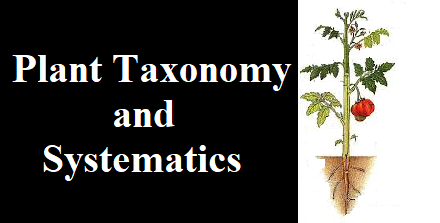Science > Biology > Branches of Biology > Botany > Plant Evolution and Genetics Plant evolution and genetics encompass the study of the genetic mechanisms, evolutionary processes, and patterns that shape the diversity, adaptation, and evolutionary history of plants. List of Sub-Topics in Plant Evolution and Genetics: Biology is a branch of science which studies living […]
Plant Evolution and Genetics



